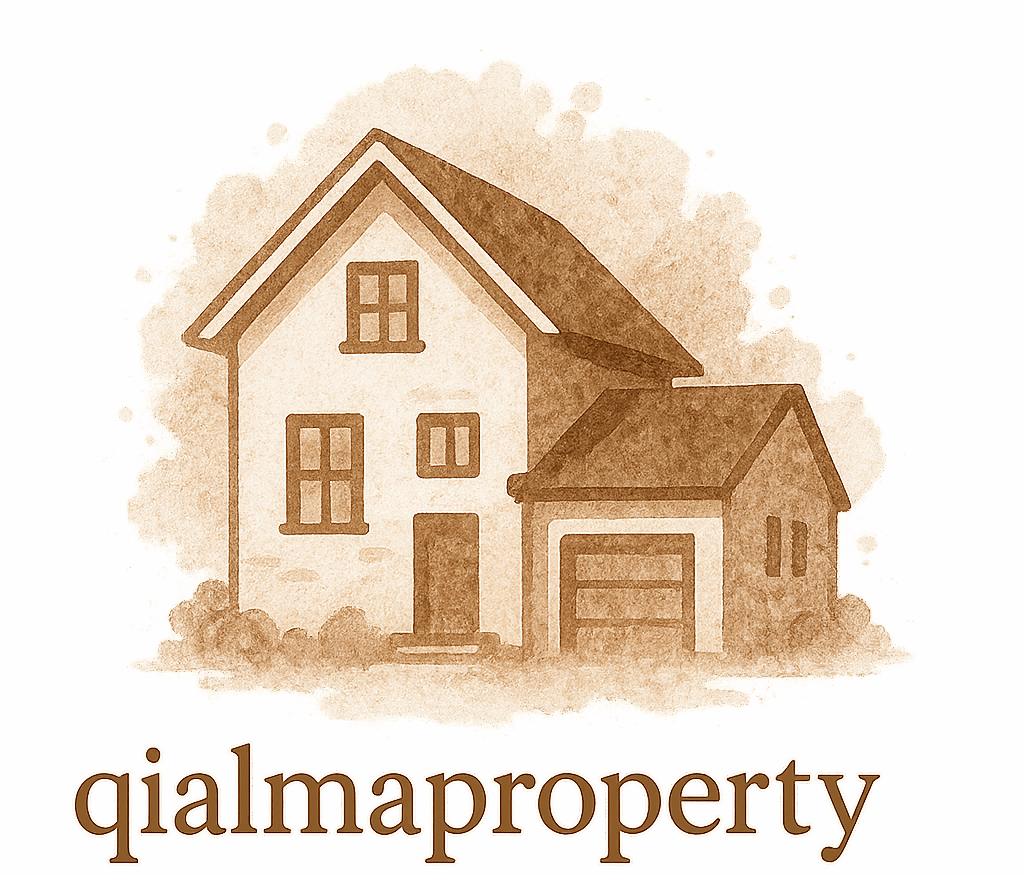Introduction: Why Rental Property is a Smart Passive Income Move
Looking for a way to make your money work for you while you sleep? Rental property strategies might just be your ticket to financial freedom. Whether you’re a seasoned investor or a first-time buyer, understanding how to generate passive income through property is a game changer.
Property has long been a cornerstone of wealth generation. And the best part? It can provide consistent, hands-off income with the right strategy. Let’s break down the 7 best rental property strategies to boost your income—and do it passively.
1. Long-Term Residential Rentals
Benefits of Long-Term Tenants
One of the most traditional rental property strategies, long-term leasing offers a stable monthly income. You’re looking at tenants who sign 12-month leases, minimizing turnover and giving you peace of mind.
- Predictable cash flow
- Lower vacancy rates
- Easier financing with lenders
Long-term tenants often treat the property like their own home, reducing wear and tear and making life easier for landlords.
Explore more about this method on our rental property page.
How to Find Quality Long-Term Renters
Finding dependable tenants starts with smart marketing and rigorous screening:
- Use platforms like Zillow, Realtor.com, or even social media.
- Always check credit, background, and employment history.
- Meet them in person—gut feelings matter!
Need more guidance? Check out these landlord legal considerations before you sign that lease.
2. Short-Term Vacation Rentals
Pros and Cons of Vacation Rentals
This strategy taps into platforms like Airbnb or Vrbo and can often net more income than traditional rentals. But it’s not all sunshine and rainbows.
Pros:
- Higher nightly rates
- Flexibility with your property
Cons:
- Higher turnover
- More maintenance
- Regulation headaches in some cities
Make sure you understand the rental laws in your area to avoid legal trouble.
Platforms to Use for Listing
Airbnb dominates the market, but also consider:
- Vrbo
- Booking.com
- Local vacation rental sites
Presentation matters—professional photos and clear communication can make all the difference.

3. House Hacking
What is House Hacking?
House hacking involves living in one part of a property and renting out the other. Think duplexes, triplexes, or even a basement apartment.
It’s perfect for those who want to invest but still need a place to live. The best part? Your tenants help pay your mortgage!
Is It Right for You?
Ask yourself:
- Are you comfortable living close to tenants?
- Can you handle light property management?
It’s a great stepping stone toward full-fledged real estate investing.
Discover more insights in our property buying section.
4. Multi-Family Property Investments
Why Multi-Family Units Are Great for Cash Flow
Owning a duplex, triplex, or apartment building means multiple income streams from one property. That’s scalability at its finest.
You’ll enjoy:
- Greater ROI
- Economies of scale for repairs
- Higher property appreciation
Learn how this ties into our property investment strategies.
Managing Multiple Units Efficiently
Don’t get overwhelmed! Here are some tips:
- Hire a property manager
- Use rent collection software
- Perform routine inspections
5. Real Estate Investment Trusts (REITs)
How REITs Work for Passive Income
Want to invest in property without buying real estate? REITs are your answer. They’re companies that own or finance income-producing real estate across various sectors.
- Traded like stocks
- Pays dividends
- Highly liquid
Explore investor tips to make smarter REIT investments.
Are REITs Truly “Hands-Off”?
Absolutely. You don’t deal with tenants, toilets, or taxes directly. Just invest and collect dividends.
But always review the fund’s performance, focus area, and fee structure before jumping in.
6. Turnkey Rental Properties
What is a Turnkey Property?
Turnkey properties come ready-to-rent—often already leased with management in place. This is ideal for passive investors who want cash flow from day one.
What to Watch Out for in Turnkey Deals
Not all turnkey providers are equal. Look out for:
- Overpriced properties
- Hidden repair issues
- Weak local rental markets
Get ahead of the game by reading our seller guide and navigating turnkey sales wisely.
7. Rent-to-Own Investments
How Rent-to-Own Generates Income
You lease the property with an option to buy. The tenant pays an upfront “option fee” and a monthly rent that includes a portion going toward the eventual purchase price.
Legal Considerations and Contracts
Always have airtight agreements. Clarify:
- Terms of the option
- Duration
- What happens if the tenant backs out
Our real estate tips section dives deeper into this unique strategy.
Bonus Tip: Maximize ROI Through Smart Property Management
Leverage Property Management Companies
A reliable property manager takes care of:
- Rent collection
- Maintenance
- Tenant screening
It’s a small cost for big peace of mind.
Use Tech Tools for Efficiency
Apps like:
- Buildium
- Rentec Direct
- AppFolio
They automate your rental process and keep your passive income truly passive.
For more, check out our property trends and stay ahead of what’s working.
Conclusion
There you have it—7 rental property strategies that can put your income on autopilot. Whether you go traditional with long-term tenants or explore creative paths like REITs or rent-to-own models, there’s a passive income solution that fits your goals.
Just remember, real estate isn’t about getting rich quick. It’s about steady, reliable, long-term growth. Combine the right strategy with smart management and you’ll be well on your way to financial freedom.
Ready to start? Explore more insights at Qialma Property, your trusted resource for everything from property growth to real estate 2025.
FAQs
1. What is the most passive rental property strategy?
REITs and turnkey properties are the most passive since they require minimal ongoing effort.
2. How much money do I need to start investing in rental properties?
You can start with as little as 10–20% down on a property, depending on the financing options and location.
3. Is short-term or long-term rental better for passive income?
Long-term rentals offer more stability, while short-term can offer higher returns but require more effort.
4. What are the risks of turnkey properties?
Hidden costs, inflated prices, and unreliable management are common risks—research is crucial.
5. Can I manage rental properties remotely?
Yes, with property managers and tech tools, remote management is easier than ever.
6. Is house hacking only for beginners?
Not at all. Many seasoned investors use house hacking as a cash-flowing strategy while building equity.
7. Where can I learn more about property trends and ROI?
Head over to Qialma Property and explore market trends and expert investment tips.

